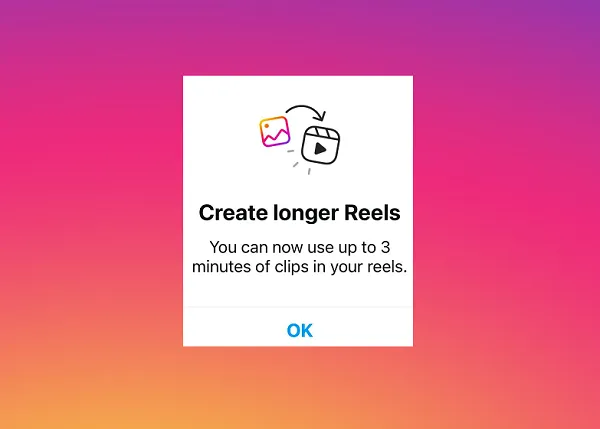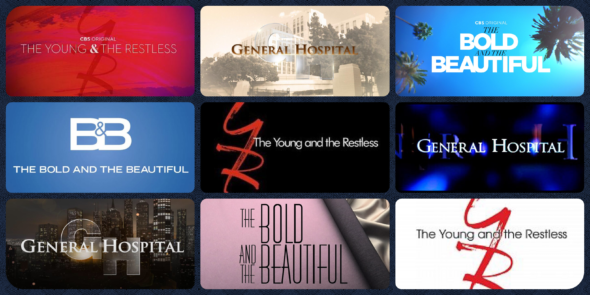We’re only a handful of days into the new year, and already there are myriad issues competing for our attention — and potentially keeping you up at night: Inflation. Ongoing supply-chain issues. Worker shortages. Quiet quitting. Fluctuating financial markets. Near-constant AI innovation. Regulatory changes. The list goes on and on.
If you felt a wave of anxiety reading that paragraph, I’ve got good news for you: None of those issues should be your primary concern. Are they relevant? Of course. But there’s something that matters more than all of them and plays a profound role in your business: customer experience.
Customer experience is the number-one differentiator between your brand and every competitor. It drives more loyalty than cost and brand combined. And, businesses that prioritize CX are 60% more profitable and have 1.5 times more engaged employees than less customer-focused companies.
So, why do so many companies fall short on a metric that is paramount to success? In my experience (which includes founding an entertainment agency and scaling it to eight figures before exiting; years of consulting Fortune 100 clients; and originating the role of Chief Experience Officer of Experience.com), there are a few reasons.
First, many leaders simply don’t understand how critical CX is, or mistakenly believe it’s not relevant in their industry. However, CX is vital in every business, whether you’re B2B, B2C, B2B2C, or anything in between. Service business? Product business? Either way, you’re an experience business. Some leaders also think “customer experience” and “customer service” are synonymous. They are not. Customer service is a subset of customer experience, just as swimming is a subset (not the sole type) of exercise. As I write in my new book, Creating Superfans, every customer-facing employee is part of your customer experience team, whether they work in sales, marketing, IT, R&D, or customer service.
Second, some leaders simply overlook CX because they aren’t sure how to track or measure it. Although NPS is the most widely-used CX tally, it’s not all that reliable — which is why even its creator favors Earned Growth Rate as a metric. You don’t need a column on a balance sheet to tell you that treating customers leads to greater satisfaction, higher retention, and therefore greater lifetime value. And, when your satisfied customer tells their friends (via recommendations, referrals, and reviews), your cost of customer acquisition goes down and everything becomes easier. If you’re not tracking the amount of revenue being generated by repeat and referred customers, I urge you to immediately add this metric to your regular dashboards. It will tell you so much about the health (and customer culture) of your business.
Third, some leaders think of creating remarkable customer experiences as a cost center, not a value center. That is doubly-flawed logic: There are many ways you can improve your customer experience that don’t cost anything (kindness, curiosity, empathy, etc.). But the things that do cost money often have a disproportionate impact on the lifetime value of customers. It costs Publix very little to offer free cookies and bananas to kids, but I shop there much more frequently than the supermarkets closer to my house, in part because my kids enjoy the experience so much.
And, finally, one big reason companies fail short on customer experience is because their leaders have not been intentional in creating a memorable, meaningful experience in the first place. I call this critical step Intentional Experience Design. If you haven’t carefully considered, documented, and enabled the experience you want your customers to have, how will your employees ever be able to execute it? More importantly, how will your teams be able to repeat it again and again, across different shifts or locations as logistics and leaders change?
When your customers tell their friends about your company, what do you want them to say? If you asked each of your employees this question, would they answer it the same way? Or are you trying to survive on lots and lots of battlefronts with too little focus spent on winning the war?
When you focus on customer experience, there are many amazing (and some instantaneous) benefits, even beyond the ones listed above. For starters, you begin to erode price sensitivity. When you transform from something of a commodity provider in the minds of your prospects and customers into a category of one, things like price and timing become much less relevant. People don’t want to get their products or services from someone like you, they want them from you.
Even more importantly, your employee experience will improve in tandem with your customer experience. When your team is aligned in your experience goals, their work becomes about more than just a paycheck — it becomes a passion… and maybe even a purpose.
If you’re focused on closing sales, you’re not going to win long term. Focus on creating superfans. Not just customers, but loyal, enthusiastic advocates who will come back to your business time and again — and tell their friends to do the same.
The world is going to keep throwing curveballs at us. Differentiating yourself on an amazing customer experience is the best way to future-proof your business against whatever is coming down the pike. Show your employees and your customers that you’ve got their backs… and they’ll have yours, too.
Written by Brittany Hodak.
Have you read it?
The world’s top 20 most travel-obsessed countries, 2023.
The most Twitter-obsessed countries revealed, 2023.
The world’s top 10 most popular luxury brands for 2023.
The most fast food-obsessed countries in the world, 2023.
Who Are the Richest Sports Owners in the World, 2023?
Track Latest News Live on CEOWORLD magazine and get news updates from the United States and around the world.
The views expressed are those of the author and are not necessarily those of the CEOWORLD magazine.
Follow CEOWORLD magazine headlines on: Google News, LinkedIn, Twitter, and Facebook.
Thank you for supporting our journalism. Subscribe here.
For media queries, please contact: info@ceoworld.biz







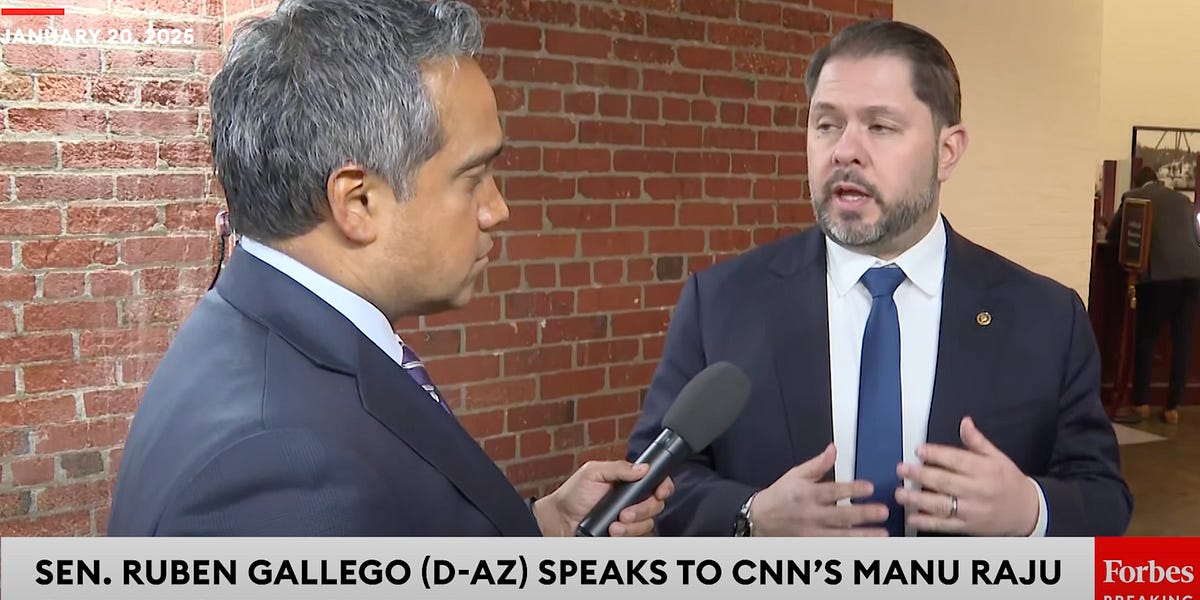

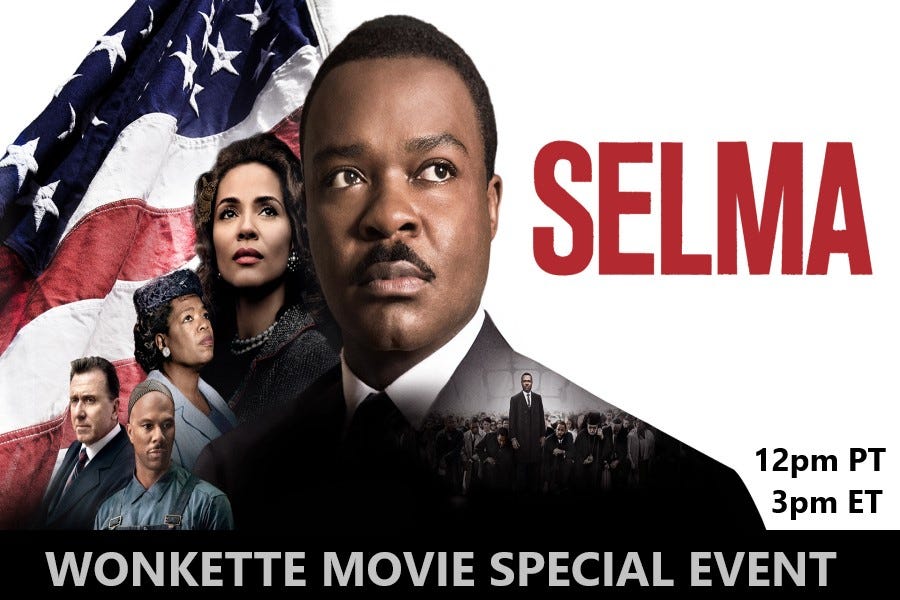










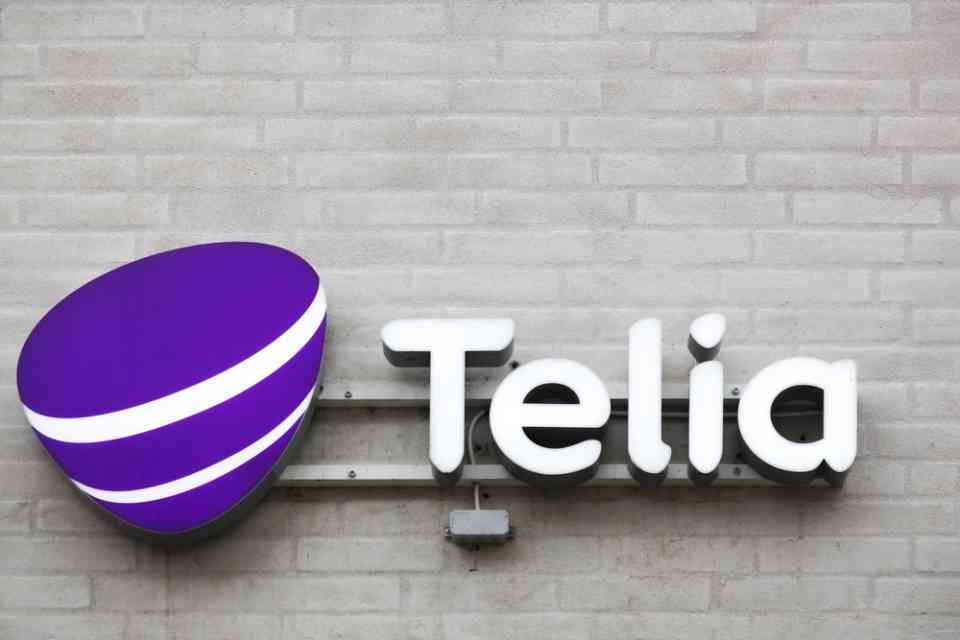




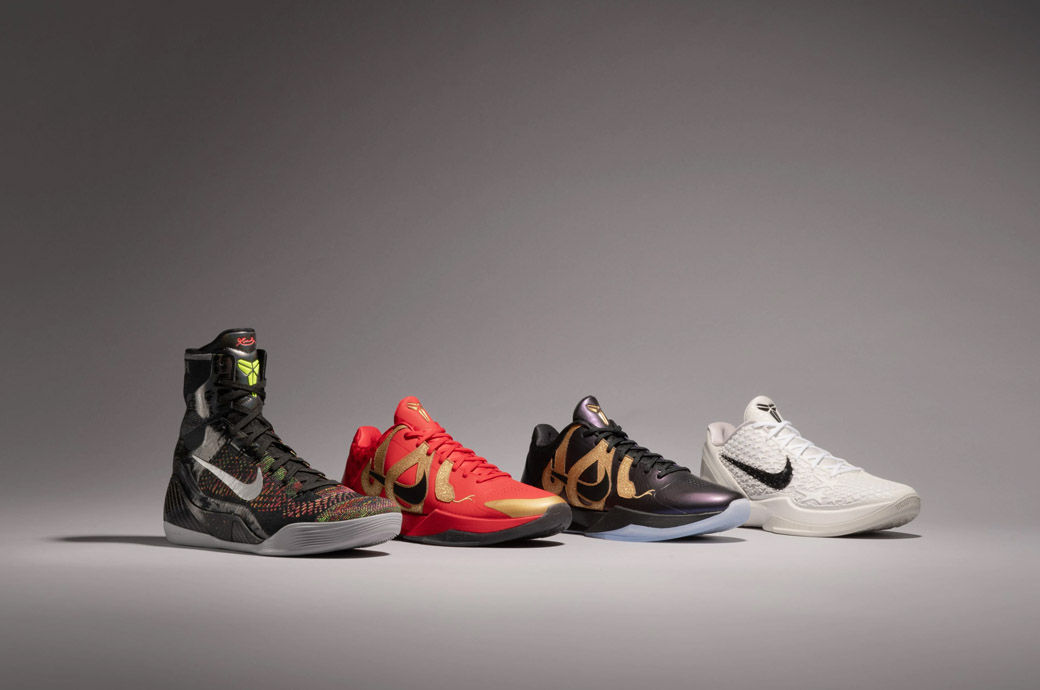



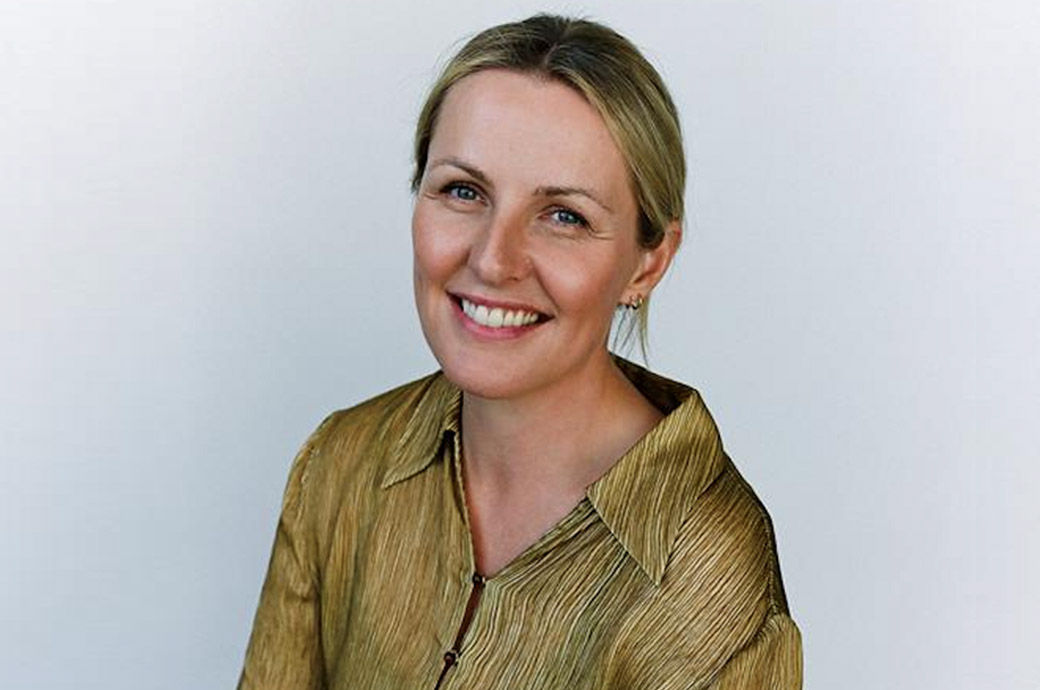















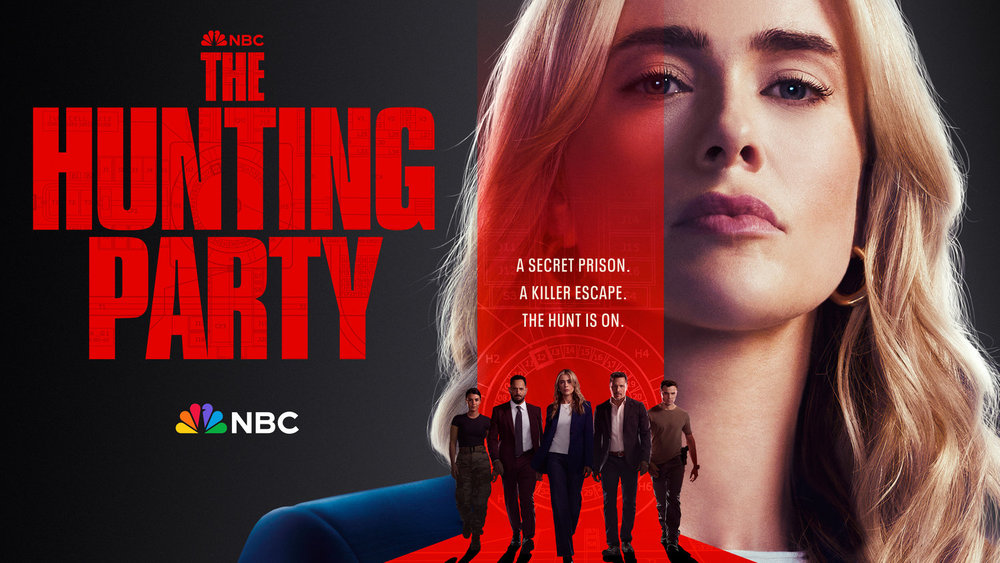








![LinkedIn Provides Thought Leadership Tips [Infographic] LinkedIn Provides Thought Leadership Tips [Infographic]](https://imgproxy.divecdn.com/sGPjK1VM5eAOI_l-OTkmJTV2S8dHIfUwFmDwPWjhfjg/g:ce/rs:fit:770:435/Z3M6Ly9kaXZlc2l0ZS1zdG9yYWdlL2RpdmVpbWFnZS9saW5rZWRpbl90aG91Z2h0X2xlYWRlcnNoaXBfaW5mbzIucG5n.webp)



